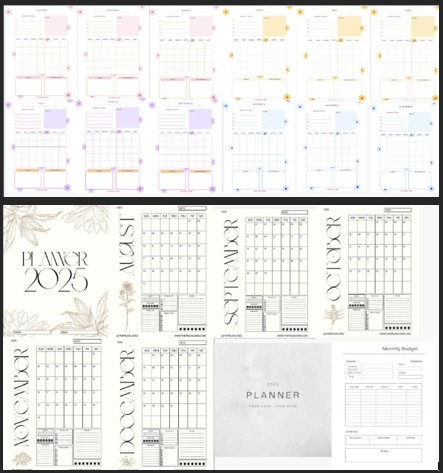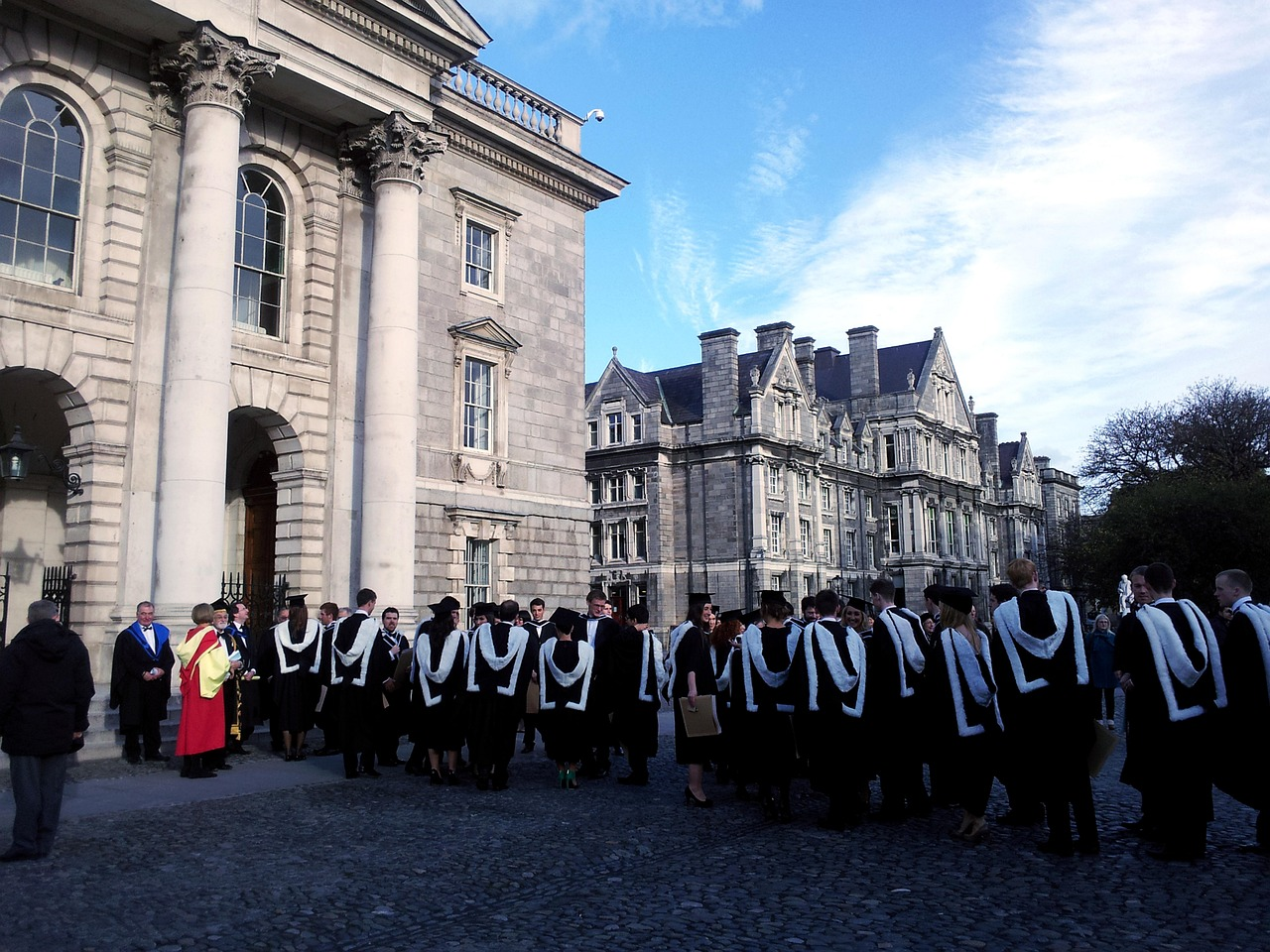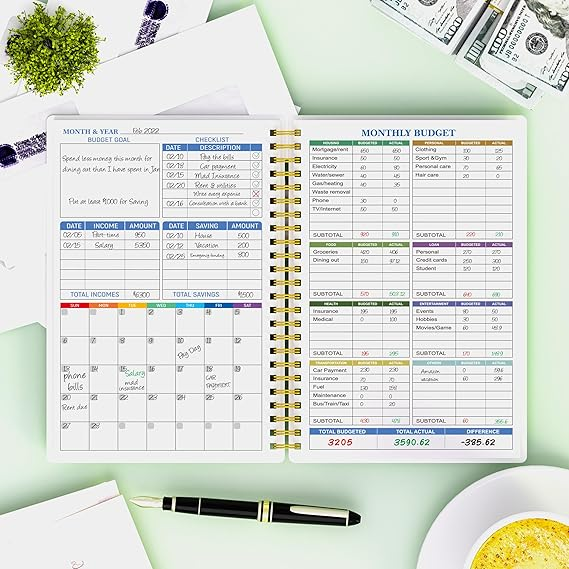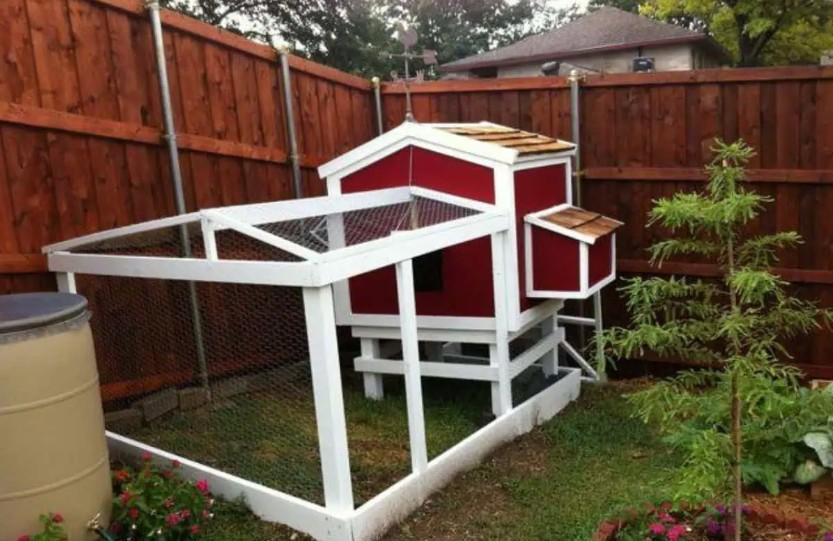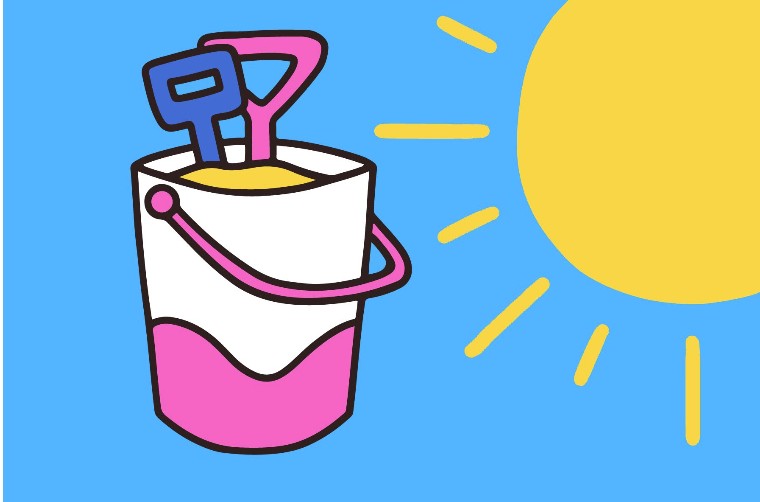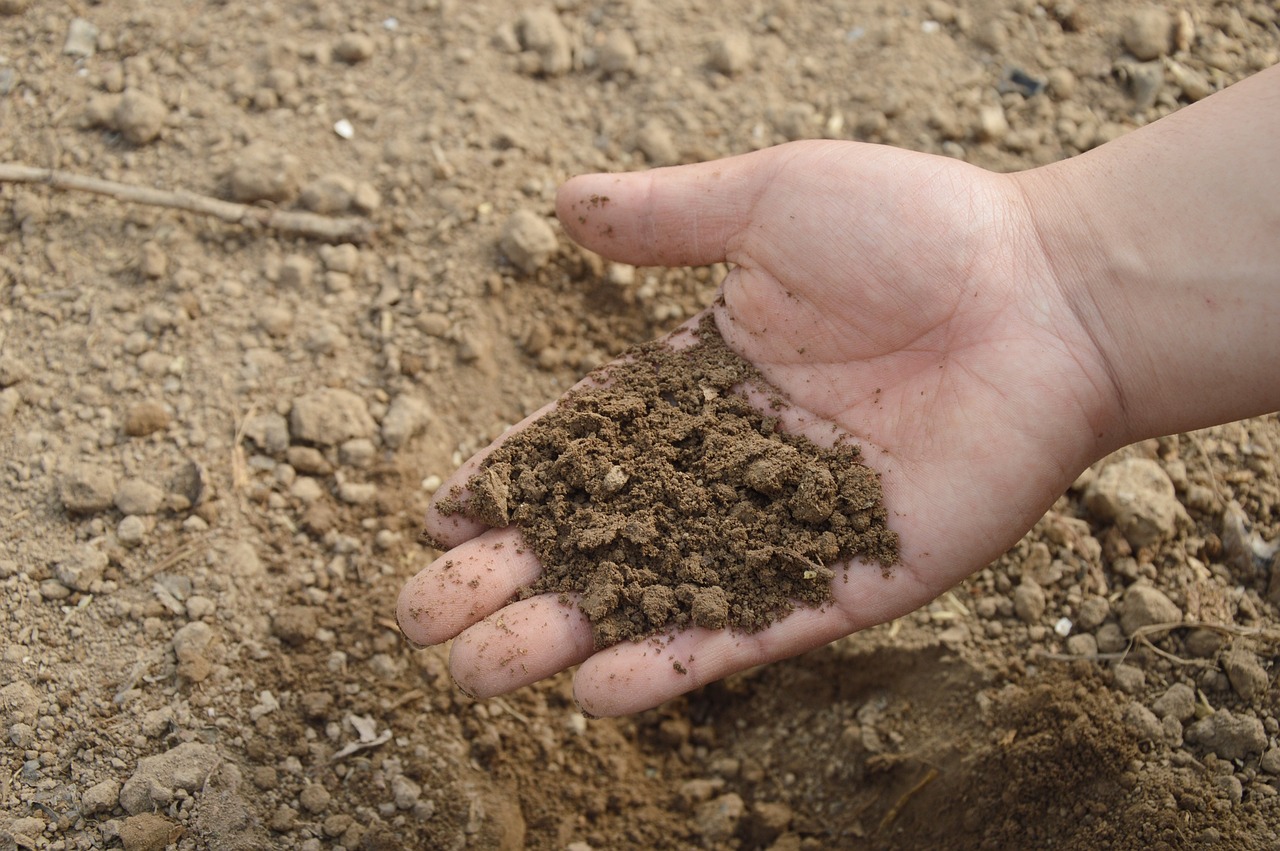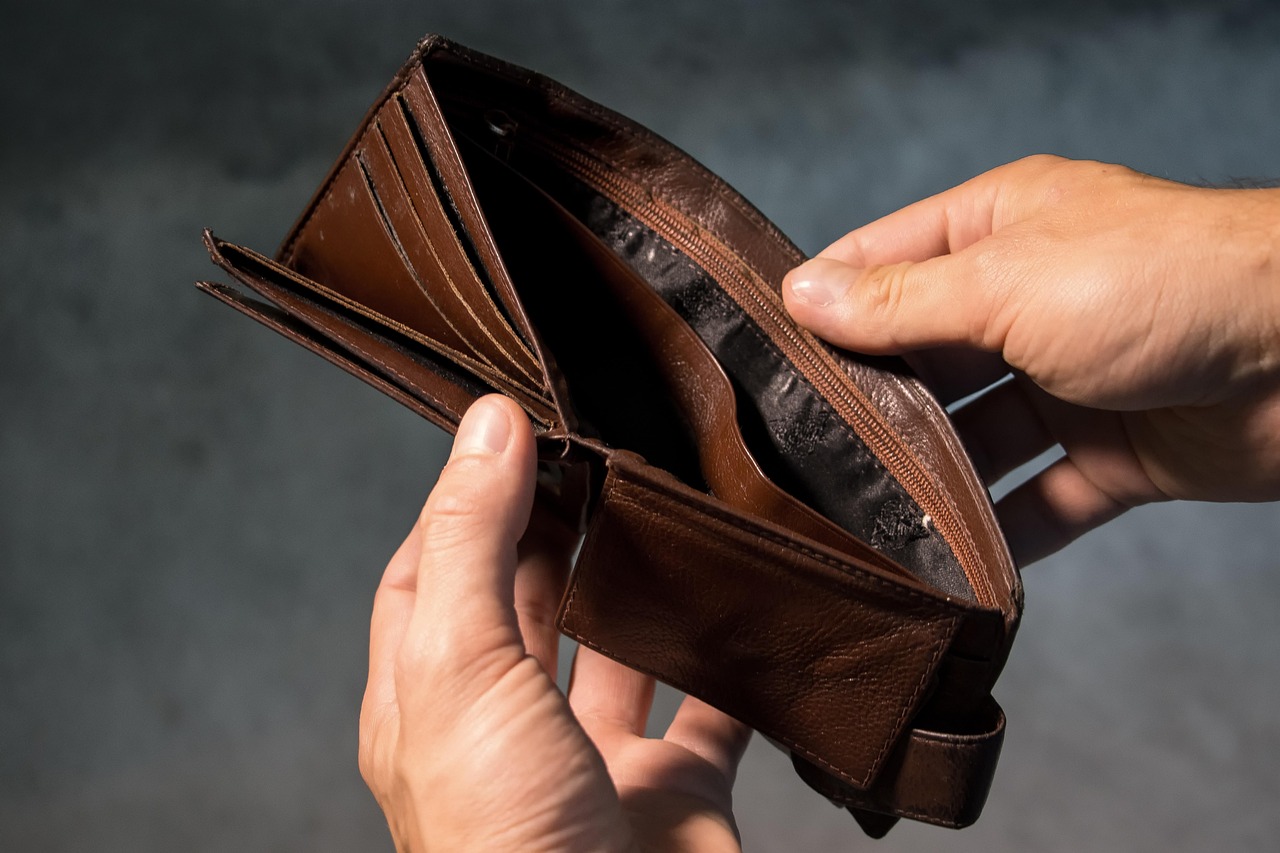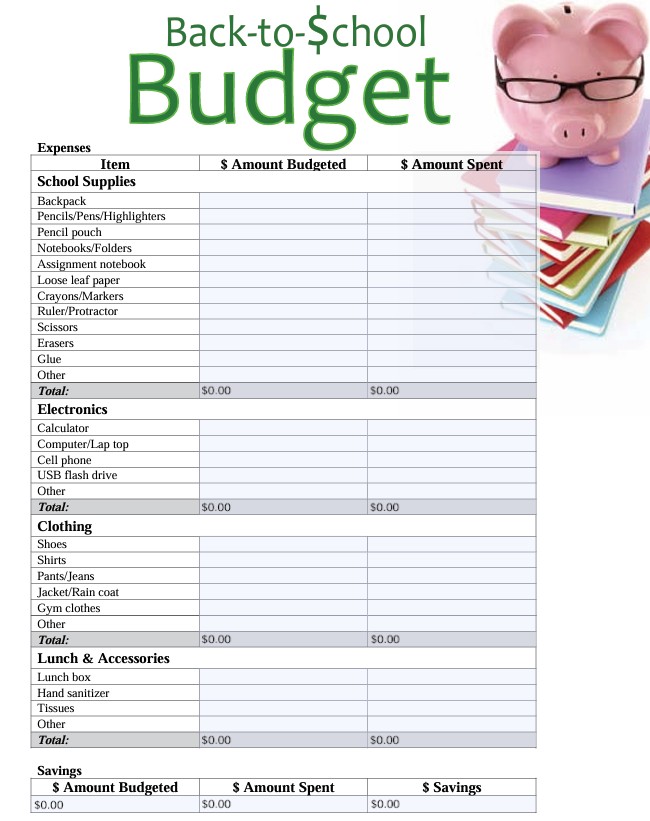Start saving big while living greener! These frugal sustainable living habits make a real difference for your wallet and for the planet. I’ve found that the more I reuse, cut back on energy, and shop locally, the more my monthly expenses shrink. Maybe you already unplug devices you’re not using or use cloth instead of paper towels. Small changes like these add up, especially when you stick with them. Living with less pressure to buy new things has made me more mindful and less stressed. It’s not about doing everything perfectly—just doing what you can, one step at a time. Your choices matter, for you and for what comes next. If you want to start now, try picking one habit to change and notice how it feels in your daily routine.

LED Light Bulbs
Switching to LED light bulbs feels almost like a cheat code for saving money. They use up to 80% less energy and last much longer than old incandescent bulbs. The trick is to wait until your current bulbs burn out, then make the upgrade. You’ll notice the difference in your energy bill pretty quickly.
Programmable Thermostat
A programmable thermostat takes the guesswork out of keeping your home comfortable while saving energy. Many energy companies offer these for free or at a discount. Set yours to lower the temperature when you’re out or sleeping and see the savings stack up.
Seal Windows and Doors
Even tiny drafts drain your wallet every month. Adding or replacing weather stripping around your windows and doors can help keep the warm air in and the cold out. It’s an easy DIY fix that pays off, especially in extreme seasons.
Wash Clothes in Cold Water
Washing clothes in cold water saves energy and keeps colors bright longer. Most loads don’t actually need hot water. I used to think things got cleaner on hot, but now my clothes last longer and I save on the electric bill.

Line Dry Clothes
Dryers use a surprising amount of energy. Hanging your clothes to dry, even just a few times a week, makes a real difference. Sun-dried sheets have a fresh, crisp smell that’s hard to beat. If outdoor space is limited, a foldable rack works inside too.
Unplug Electronics When Not in Use
Many electronics keep sipping energy even when powered off. Unplug chargers, coffee makers, and computers after use. It’s called “phantom energy” for a reason and it adds up over time.
Use Reusable Cleaning Cloths
Paper towels are convenient, sure, but single-use is hard on your budget (and the planet). Old t-shirts make great cleaning rags—soft, washable, and free.
Make Your Own Non-Toxic Cleaning Products
Vinegar, baking soda, and a bit of lemon juice can handle most household cleaning. Homemade cleaners are safer for your home and cost far less than store-bought brands. You’ll cut down on plastic packaging, too.
Invest in Energy-Efficient Appliances
When an appliance finally quits, choose an energy-efficient replacement. Most are labeled “Energy Star.” They use less power and save you money over time. Wait for sales or rebates to make your upgrade even cheaper.
Use Blackout Curtains
Good blackout curtains can lower your cooling and heating costs. They block drafts in winter and keep out harsh sunlight in summer. I noticed in my own home the bedroom stays cooler on hot afternoons when I remember to close the curtains.

Meal Plan
A weekly meal plan fights food waste and helps you stick to your grocery budget. Knowing what you’ll eat in advance keeps impulse buys in check, too. Leftovers get used up instead of forgotten at the back of the fridge.
Buy in Bulk
Buying staples like rice, flour, or beans in bulk brings big savings and cuts down on packaging. Just be sure you’ll use it all before it goes bad. Bulk shopping works best for foods you know your family loves.
Grow Your Own Herbs or Vegetables at Home
Nothing beats picking basil or tomatoes from your own windowsill or backyard. Even a small pot or windowsill box can grow plenty. Homegrown veggies taste better, cost less, and skip the packaging.

Use Reusable Food Storage
Beeswax wraps, glass containers, and silicone bags all replace single-use plastic. These options are easy to clean and last for years. Lunches, snacks, and leftovers feel less wasteful and more organized.
Compost Food Scraps
Tossing food scraps into a compost bin keeps organic waste from heading to the landfill. The result—nutrition for your garden, fewer bags of trash, and a smaller carbon footprint. Even small spaces can handle a countertop compost bucket.
Drink Filtered Tap Water
Cutting out bottled water saves plenty. A simple filter pitcher or faucet adapter gives you fresh water for pennies per gallon. Refill a sturdy water bottle and you’re good to go.

Make Coffee at Home
Brewing your own coffee costs a fraction of takeout. Pair it with a travel mug for work or errands. If you can’t resist the coffee shop, bring your own mug for a small discount or at least skip the single-use cup.
Buy Seasonal Produce
Seasonal fruits and veggies cost less and taste better. Local markets or farm stands often have deals you won’t see at the grocery chain. Eating seasonally also supports nearby farmers and reduces your meals’ carbon footprint.

Use a Slow Cooker or Pressure Cooker
Slow cookers and pressure cookers are champions of energy-efficient cooking. Simmering beans or getting tender stews doesn’t have to run your stove all day. These appliances also let you use cheaper cuts of meat and stretch meals further.
Save and Repurpose Leftovers
Leftovers don’t have to be boring repeats. Turn last night’s roast chicken into soup, stir-fry, or sandwiches. A little creativity reduces waste and stretches your budget.
Shop Secondhand
Thrift stores and resale apps offer great deals on clothes, furniture, and kitchenware. Shopping secondhand supports reuse and keeps still-useful items from becoming trash. Plus, you find unique pieces that fast fashion can’t copy.
Repair Items Instead of Replacing Them
A missing button or a wobbly chair leg doesn’t mean it’s time to buy new. Watch a quick online tutorial or ask a handy friend for help. The “make do and mend” mindset saves money and feels rewarding.
Borrow or Rent Tools and Equipment
For jobs you only do once in a while, borrow or rent tools. Libraries, neighbors, or community tool banks are good places to start. No need to store or maintain something you’ll only use once a year.

Use a Library Card
Library cards aren’t just for books. Many libraries lend DVDs, audiobooks, e-books, tools, and even museum passes. It’s a free (or almost free) way to get entertainment and resources without buying.
Say No to Single-Use Plastics
Avoid straws, plastic bags, and cutlery whenever you can. Many stores offer paper or bring-your-own options now. Carry a small pouch with a reusable straw or utensils for eating out.
Invest in Reusable Water Bottles and Coffee Mugs
A sturdy water bottle or travel mug pays for itself fast. Look for options you’ll actually use, not just the ones that look good on Instagram. You don’t need a collection—just a reliable favorite.
Choose Products With Minimal Packaging
Look for items with less plastic or unnecessary wrapping. Sometimes, choosing the bulk bin or a bar of soap instead of liquid saves both money and packaging space.
Opt for Timeless, Quality Items
Fast fashion and cheap trinkets don’t last. Choosing better-made clothes, shoes, and furniture means you replace things less often. Over time, it’s cheaper and less stressful.
Install a Low-Flow Showerhead
Low-flow showerheads cut water and energy use without ruining shower pressure. Installation usually takes a couple minutes and saves gallons every time you tap the faucet.
Collect Rainwater for Outdoor Plants and Gardens
Rainwater, free from the sky, helps gardens thrive. A basic rain barrel collects runoff from your roof. You can water plants or lawns without running up your bill.
Turn Off Lights When Leaving a Room
Turning off lights is one of the simplest habits to cut your bill. Kids sometimes forget, so reminders help. Try sticking a note near the switch as a gentle prompt.
Only Run Dishwashers and Washing Machines With Full Loads
Wait until your dishwasher or washer is full before running it. Partial loads waste energy, water, and detergent.
Take Shorter Showers to Save Water
Shortening your shower saves gallons every single time. Try shaving just one minute off your routine and see how much you can save in a year.

Use Ceiling Fans Instead of Air Conditioning
Ceiling fans use far less energy than air conditioners. They circulate air for a breeze that makes rooms feel cooler in summer.
Keep Your Furnace Filter Changed
A clean furnace filter means your system doesn’t have to work as hard (which saves energy and money). Plus, the air stays fresher and you breathe easier.

Walk or Bike for Short Trips
Walking or biking just a couple errands each week cuts down on gas and gets you moving. It’s cheap, good for you, and much less stressful than fighting traffic.
Carpool or Use Public Transportation When Possible
Pooling rides with neighbors, friends, or coworkers saves money and reduces your car’s wear and tear. Public transportation, where available, adds up to even bigger savings.
Keep Tires Properly Inflated to Improve Fuel Efficiency
Proper tire pressure isn’t just safer, it helps your car get the best mileage. Make checking your tires a monthly habit.
Combine Errands Into One Trip to Save Gas
Running errands in one trip instead of many single ones saves time and gas. Plan your stops to create a logical route.
Consider an Electric or Hybrid Vehicle if Upgrading Your Car
When it’s time to buy a new car, look into fuel-efficient, hybrid, or electric choices. The long-term savings on gas and maintenance can be significant, depending on your driving habits and needs.
Integrating frugal habits with sustainable living
Integrating frugal habits with sustainable living isn’t about giving up what makes life enjoyable. It’s about using what you have more thoughtfully, saving money, and making choices that benefit everyone—yourself, your family, and the planet. Even small steps add up.
Pick a few tips that fit your lifestyle and get started. Keep building on your progress. The money you save and the good you do, for yourself and the Earth, will surprise you.


